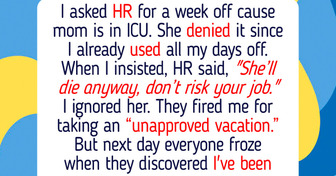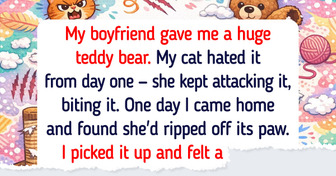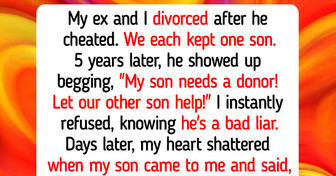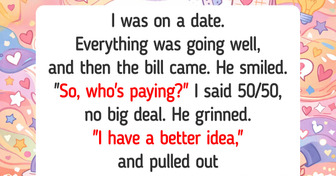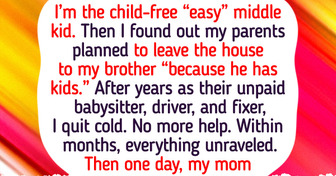15+ Times an Unexpected Guest Turned an Ordinary Day Into a Scene Straight Out of a Movie
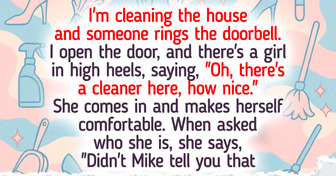
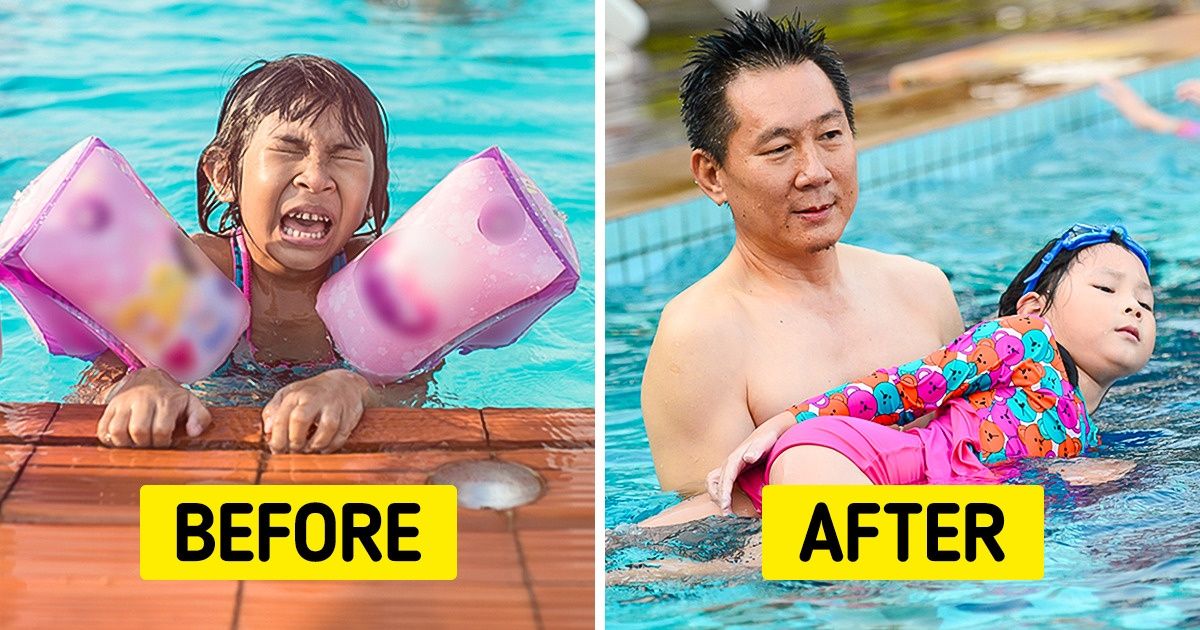
About 15%-20% of children born each year are described as highly sensitive. This means that they are extremely aware of their surroundings and will react to them immediately. While this is not something bad, it requires great effort and patience from parents to maintain their mental stability. It can be exhausting but very rewarding once their methods start paying off.
Bright Side would like to offer some advice that might help parents better understand a sensitive child’s heavy emotions.
If your child has emotional flare-ups in public, don’t try to suppress their feelings by telling them to stop whining. Accept those emotions and talk to your child about them. Sit next to them and try to understand why they are feeling the way they do, but don’t try to offer a quick solution. What you can do is teach them how to work with their emotions when they are in public so they don’t create uncomfortable situations.
Many parents will drag their kids to somewhere private if they start crying and creating a scene out in public. By doing this, the child feels like their emotions aren’t important and that they are doing something wrong. Instead of doing that, you can sit there with them, recognize their emotions, and let them know it’s okay. Try to connect with them and show that you support them instead of acting like what people think is all that matters to you.
Highly sensitive kids might be turning other kids off with their expressions without even realizing it. So it is important that parents demonstrate what that expression looks like. Your kid needs to know what they look like when they get upset or annoyed by someone. This may distress them at first, but it could have great results if you keep on doing it.
The second step would be for parents to offer alternative reactions. Let them know that if some other kid annoys them, they can just walk away or take a long deep breath. Counting to 10 might also help them remove themselves from the unpleasant situation and regulate their feelings.
Many parents rush to take their kids to multiple activities once they enter kindergarten. However, a sensitive child dislikes big crowds of kids and loud activities and prefers to stay at home more. You can spend more one-on-one time with them reading and playing whatever games make them happy. Don’t worry about their socializing since what’s more important for them at this point is to feel validated and accepted.
Doing something a bit frightening is a way for a child to overcome their fears. However, this is a very delicate process that should be done gradually and with great sensitivity. It’s amazing how fast kids get over their fears once the right method has been used. However, you need to make sure that the child doesn’t feel like this is a punishment because they did something wrong.
Pets have been proven to be the perfect companions for highly sensitive children. This is because pet animals are usually just as sensitive and compassionate as them. Because of this, it’s way easier for kids to connect with a furry friend than with a human friend that can negatively stimulate their emotions. For them, the connection with an animal can offer the understanding they need in a world that seems overwhelming to them.
Sensitive kids are way more receptive to their environment and get agitated quite easily. This is why it’s important that you create a safe space in your home where they can process their emotions. This can be a spot where they’re able to do all their preferred activities, or their bedroom, where they can lie down and have you read a story to them. Make them feel like they can use their safe space whenever they feel like they need to take a break.
Your kid probably has a strong sense of morality and will call you out if you act hypocritically. They will also judge themselves harshly if they don’t comply with the rules that you’ve set in your home. That’s why you have to create limits and boundaries that apply to everyone in your house. Avoid being judgmental and make sure that consequences are fair and are applied to every member of your family.
Have you noticed any of the above characteristics in your child? Were you a highly sensitive kid? If so, how did your parents treat you?




